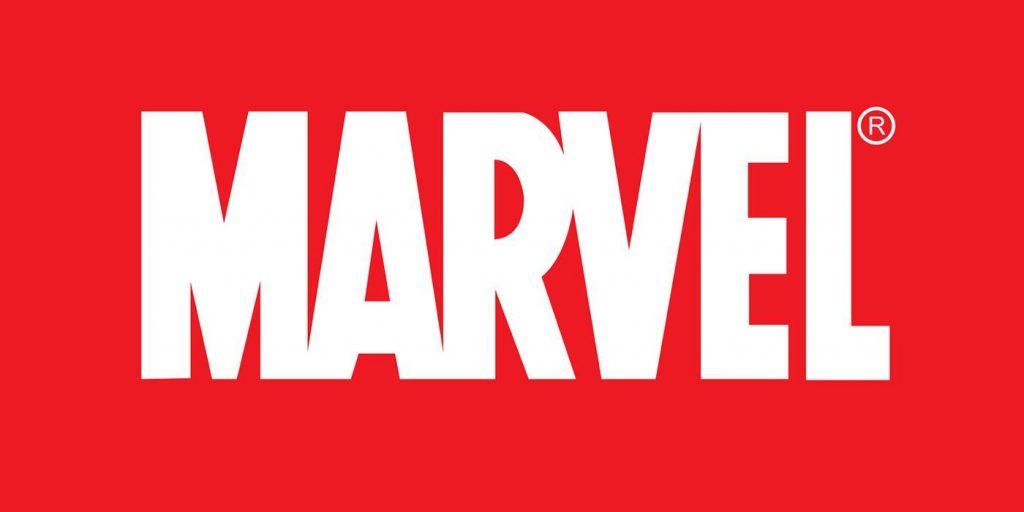So What Does Marvel’s Move to Penguin Random House Actually Mean?
We dig into this massive shift by answering ten key questions related to Marvel’s big play.
I woke up last Thursday expecting a fairly usual day. Get up. Eat some cereal. Go down to my “office” for work. Have lunch. Maybe go for a run. Play with my cats. Make dinner. Get eaten by a million Cordyceps in The Last of Us Part II. You know. Usual Thursday kind of things.
As part of my routine, I caught up on reading comic emails over the aforementioned cereal. Much of it was your standard promotional type of correspondence. “Here’s a second printing!” “Check out this comic!” “This comic is becoming a movie!” That’s just the way it is, and Thursday was largely no different.
Then I clicked on an email from Marvel, and I immediately knew my day had went from ordinary to insane in a single pointing of my finger: Marvel had left Diamond Comic Distributors for Penguin Random House Publishing Services, going its own direction after decades of partnering with the direct market distribution giant. As it was described to me in an email that morning, it’s a “seismic” move, and one that had everyone talking. It also resulted in about 7,000 total emails and phone calls for me that day, as it immediately became the priority for this week’s feature.
On the surface, this is just about the biggest possible news we could have in the direct market. Marvel leaving Diamond? And Penguin Random House entering the space as a distributor? What does it all mean? What impact could it have? Where is this all leading? These are all good questions, and they are just a few of the many that raced through everyone’s heads in recent days. Today, I’m going to attempt to answer some of the key ones, converting all of those conversations I’ve had in recent days into responses to ten big questions related to this big move.
Is it going to answer all of your questions, or even all of mine? No way! But the hope is it’s going to dig into a fair bit of it, and maybe lead to some other questions being asked along the way. Let’s get to it.

What does this mean for Marvel?
In the near term? Probably not that much. They will continue to publish comics, and come October, they’ll just use someone else to get them to shops.
In the long term…who knows? There’s been a lot of conjecture about the other markets this could open the door to for Marvel’s comics (hello, big box stores!) or how this could be prelude to the publisher moving its book market business from Hachette over to Penguin Random House (although Rich Johnston is reporting that DC’s deal with PRH blocks this as a possibility). 8 I even saw some folks suggesting that Marvel might dramatically increase its number of releases because of this, but I don’t get that one at all. All of that is guesswork, though. There might be smoke, or at least the idea of it. But there’s no fire there yet.
What it does mean is that there are still a lot of questions to be answered by the publishing giant and its new partner. Will the seemingly flat 50% discount for retailers scale upwards on larger orders? Can PRH/Marvel sort out integration between distribution and retailer point-of-sale (POS) systems (like ComicHub or Diamond’s own ComicSuite, for example) by launch to save shops a whole lot of time and heartache? Will PRH package comics better than they do graphic novels, as I’ve heard some horror stories about the latter? Can they manage distribution in North America through one East Coast warehouse without delays? Can PRH deliver comic reorders as quickly as it does graphic novel ones?
These are all important questions, particularly the first two. If they can answer them in a satisfactory manner, there’s going to be limited heartburn once this all goes live. If that happens, that means there will be little difference between today’s Marvel and tomorrow, especially considering that Diamond will be allowed to wholesale Marvel comic, letting shops continue to order from them if they so desire. 9 If not? We’ll see, just like we will for the other, longer-term ideas that have been speculated about since.
subscribers only.
Learn more about what you get with a subscription
Going forward, I’m going to refer to Penguin Random House as PRH.↩
Albeit at an undoubtedly higher cost.↩
This is all of course dependent on PRH delivering the books in a timely and undamaged fashion. If they live up to that, it’s all good for Pratt.↩
As soon as the news was out, retailers received a ton of information about what this all meant for them from both Marvel and PRH. I even heard that Marvel’s SVP of Sales and Marketing was working overtime communicating with shops. That makes a huge difference in tempering fears.↩
She also noted that “just because this change is happening now does not mean that it is permanent,” which is a great point.↩
Most retailers I talk to, including Pryde, are still thankful Diamond stopped distribution when they did, as pausing the flow of releases might have saved the day for them, limiting expenditures for shops at a time when cash flow was dangerously low. Marvel and DC may not have liked it but their retail partners did.↩
Final order cutoff, or FOC, being the last time shops can change orders, with that time being the point most shops really, really do their ordering.↩
Going forward, I’m going to refer to Penguin Random House as PRH.↩
Albeit at an undoubtedly higher cost.↩
